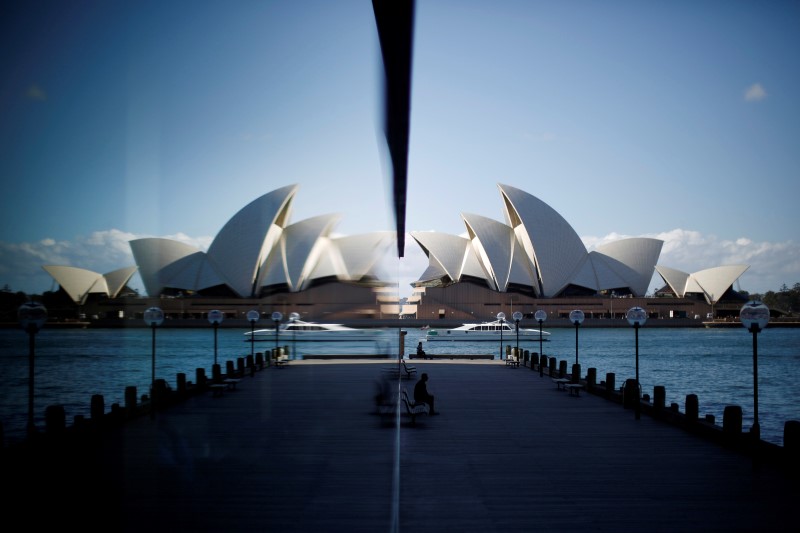By Swati Pandey and Wayne Cole
SYDNEY, March 9 (Reuters) - A parking nightmare in Sydney harbour left the giant cruise liner Radiance of the Seas unable to dock because the single berth big enough to take her was already occupied.
With a tight schedule to meet, the cruise organisers were forced to pay half a million dollars early last month to hire a flotilla of small vessels to ferry 2,500 passengers ashore, and bring back more waiting to embark for the next voyage.
"We have not done something like this ever anywhere else in the world," says Adam Goldstein, president and COO of Royal Caribbean Cruises Ltd.
"It was completely foreseeable going back almost a decade that Sydney didn't have the infrastructure ultimately to support the ongoing growth in business," he adds. "Now, actually, we've reached the point where the constraint is completely real."
The bottleneck in the harbour reflects a wider problem of inadequate investment in Australia's tourist infrastructure.
LONG-RUNNING JOKE
Australian politicians and business leaders often talk breathlessly of the unparalleled opportunities presented by billions of newly-minted middle class travellers in Asia.
Yet, decades of political foot dragging and "not in my back yard" opposition has limited how many tourists Australia can take, which is surprising as the sector generates around A$53 billion annually, directly employs 580,000 people and is growing around three times faster than the overall economy.
If Australia is to continue its 25-year run of uninterrupted economic expansion, policymakers know that tourism will have grow even more.
Nowhere are the limitations more obvious than in the country's most populous state, New South Wales, which gets 38 percent of all overseas visitors to Australia.
Cruise companies have lobbied for an expansion of facilities at Sydney Harbour for years, but to little end.
The state government is running months behind schedule delivering promised planning proposals, and has given little hint of what they might entail.
The industry has long eyed a Royal Naval base near Circular Quay as perfect for a new berth, but faces fierce competition from property developers, environmentalists and the navy itself.
"I'd say Sydney Harbour needs to really ramp up quite a bit to handle all of the vessels that want to come to the iconic global port," says Edie Rodriguez, chairman, CEO & President of U.S.-based luxury cruise line Crystal Cruises.
"We have had numerous discussions with port officials and we will continue to do so, as have numerous other cruise lines."
Sydney's current airport at Kingsford Smith has also run out of room for expansion to meet growing passenger traffic, yet proposals for a second airport for the city have become one of Australia's longest-running bad jokes.
First floated way back in the 1940s, voter opposition in marginal seats and fights over who will pay the costs has stymied repeated attempts to build the airport.
After decades of false starts, the conservative government of Prime Minister Malcolm Turnbull has finally decided to go ahead with the project at Badgery's Creek, 32 miles (51 kilometres) west of the city centre.
The operator of the current airport has first right to build it but has balked at the estimated cost of A$5 billion to A$6 billion.
Turnbull has suggested the government will go it alone if necessary, but even then the new airport is not expected to open until late 2026 - another nine years of missed visitors.
That is a lot of foregone income given Sydney airport estimates adding a single A380 daily flight between the city and China would inject A$451 million into the economy over a year.
Short-term trips from China surged to a record 1.2 million last year - up from just 500 in 1976 - but Kingsford has no room for new runways and is constrained by strict limits on when planes can land and take off.
Michael Workman, a senior economist at CBA, notes Chinese visitors spend around A$9 billion of the estimated annual intake of A$38 billion. And they are coming from a country that is planning to build 30 new airports, while expanding 60 others.
"It reflects poorly on Australia that we can't get a single new one built in Sydney," says Workman.
(Editing by Simon Cameron-Moore)
